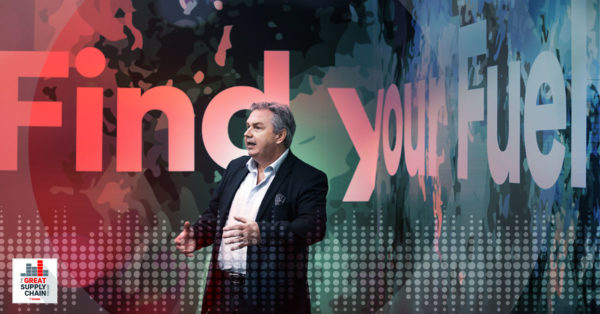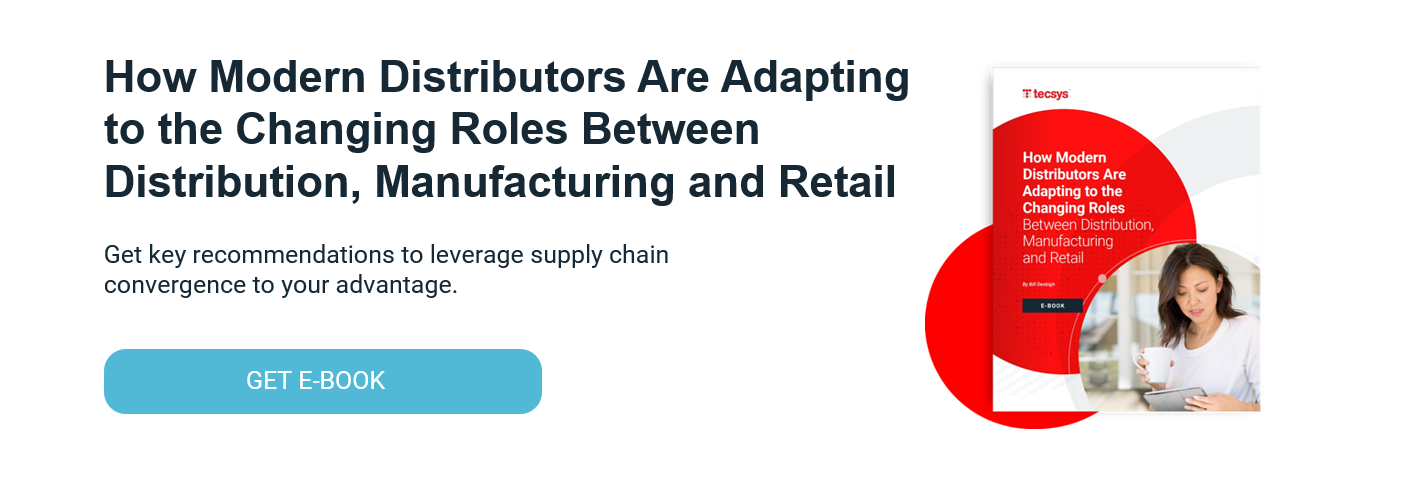Fueling the Future of 3PL: The Convergence of Horsepower and Brainpower

“You can’t throw bodies at problems anymore,” says Fuel Transport’s vice president of Technology & Innovation, Ron McIntyre, in this month’s episode of The Great Supply Chain Podcast. He goes on to explain that in the 3PL space, creative thinking is critical in driving results for customers and that the old way of muscling through logistics issues without an intelligent technology backbone is not a recipe for success in today’s landscape.
With organizations facing more supply chain complexity than any time in history, 3PLs are well-positioned to provide turnkey supply chain elasticity capable of scaling up, down and sideways to respond rapidly to changes in demand. As the 3PL community works hard to exceed customer expectations by leveraging business intelligence, industry knowledge, assets and technology, those that factor the human element into the equation are poised to set the standard.
To explore this challenging ecosystem and the drivers within it for competitive advantage, we welcomed Ron to speak on our episode of The Great Supply Chain Podcast entitled, “How Are 3PLs Preparing for the Future of Fulfillment?”
Ron McIntyre is the vice president of Technology & Innovation at Fuel Transport, a transportation logistics company that provides creative solutions for a wide variety of industries across North America.
Together, we examined the role of technology as an undercurrent for success, both today and into the future; we also discussed the importance of putting people first in the pursuit of supply chain excellence and how this mindset carries both organizational and customer experience benefits.
Indeed, that was the common thread through our entire conversation: People. Right at the outset of our conversation, Ron expounded the importance of the people that drive their business success as he spoke to us from their ‘Ignite Training Room.’
“It’s about igniting passion, igniting innovation and igniting the thought process,” said Ron. “For us, ‘Find your fuel’ means finding your passion; finding what’s important to you and then using that passion to drive everything that you do in life. And I think that’s one of the big things that Fuel promotes. It’s not just a job and these are not just employees; these are people that are important to us and we’re trying to create a culture that fosters finding your passion and becoming the best version you possibly can be. And our role is to help people along on that journey.”
Indeed, Ron and the team at Fuel are passionate about what they do and fierce advocates for the people who help them push boundaries. They are helping to redefine the 3PL industry by harnessing the power of technology to enable their employees and their customers to reach their respective potential. Seeing the company’s success and growth trajectory through Ron’s lens should give both customers and industry peers a reason to pay attention to Fuel.
Join us for Ron’s conversation on this episode of The Great Supply Chain Podcast as we explore the convergence of horsepower and brainpower in the 3PL industry, the role that technology plays in successful outcomes and the criticality of enabling people to achieve success throughout it all.
3 Key Takeaways
1. People First
Fundamental to any successful business is respect and enablement of the people who drive it at every level. From recruitment to training, from professional development to customer service, vendor-side and customer-side, a sincere appreciation that we are all vested partners in mutual success is a powerful mindset, especially in a strained labor market.
2. Flexibility Is Key
There has been a defining reversal of supply chain insourcing to outsourcing as a result of the pandemic; 3PLs have demonstrated a heightened capacity for complexity, more agility and two-way scalability for lumpy supply and demand, and a better handle on end-to-end operations prone to disruption.
3. Work Smarter, Not Harder
As the industry grows more complex, a continued shift toward intelligent warehouse management and distribution will call on logistics leaders to balance the ‘brawn’ and ‘brain’ scales, because if either one wanes, operational bottlenecks are likely to surface.



